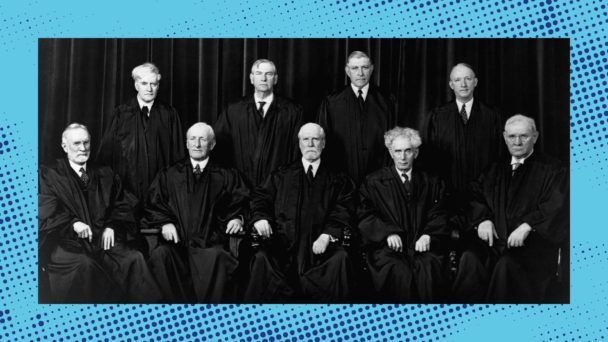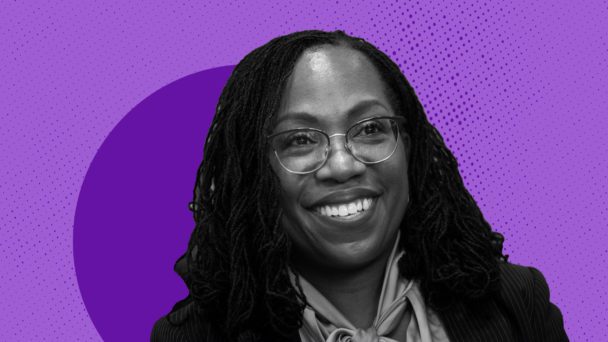People of color make up about a third of South Carolina’s population, but they will soon make up no part of the state’s highest court. The state supreme court’s sole Black justice, Don Beatty, turned 72 this year, which is the mandatory retirement age for judges in South Carolina. The vacancy will be filled by Letitia Verdin, a white woman who currently sits on the state court of appeals.
Like Beatty before her, Verdin will also be a kind of Only: With Beatty, South Carolina has the distinction of being the lone state in the country with no women on its highest court. Without him, South Carolina is swapping an all-male court for an all-white one.
President Joe Biden’s push to diversify the federal judiciary has sometimes been met with opposition from conservative commentators and Republican politicians, as if diversity and merit are incompatible and the only problem with an all-white court is the quality of food available at the office potluck. But the absence of judicial diversity can create critical gaps in courts’ ability to fairly apply the law: When courts don’t reflect the communities they are supposed to serve, those courts and communities are both worse off.
Following news of Beatty’s retirement, the AP spoke to I.S. Leevy Johnson, a former South Carolina lawmaker who in 1971 became the first Black member of the state House since Reconstruction. Johnson voiced concern that the state is backsliding, observing that Beatty’s tenure on the court “gave confidence in the system to people of color” who historically “had no need to feel any,” Research supports this view: Underrepresented groups perceive the court system as more legitimate when they are included in it. Increasing judicial diversity increases trust in courts’ decisions and willingness to accept their rulings as legitimate.
Judicial diversity also impacts the quality of decisions courts produce. Judges with different backgrounds have different perspectives, and when those perspectives are absent, marginalized people are more likely to lose in court. For instance, one study showed that white federal appeals court judges are less likely than Black judges to side with plaintiffs in voting rights cases. Another study showed that male judges are less likely than female judges to side with plaintiffs in sex discrimination cases. Just last year, South Carolina’s all-male Supreme Court upheld a strict abortion ban a few months after the previous lone woman justice retired—and it overturned her earlier opinion, which had struck down the ban, to do so.
This isn’t the first time unrepresentative South Carolina courts have been in the public eye. Five years ago, Black lawmakers walked out of the chamber after the legislature elevated a white man who had never been a judge to the state appeals court over a Black woman who had been a judge for 20 years. Yet the state’s monochrome judiciary is hardly unique: A recent Brennan Center report on state supreme court diversity shows that there are 18 states with no people of color on their highest courts; in a dozen of those states, people of color make up at least 20 percent of the population.
The same report shows that courts also suffer from a lack of professional diversity: Nearly 40 percent of sitting justices are former prosecutors while fewer than 10 percent are former public defenders. This, too, contributes to the courts’ legitimacy crisis, as former prosecutors’ lingering carceral impulses lead them to incarcerate defendants more frequently and sentence them more severely.
In theory, the judiciary is supposed to work for all Americans. For the servants of whiteness and wealth who make up much of the courts, the legal system may work just fine. But it doesn’t serve the people it doesn’t represent.






